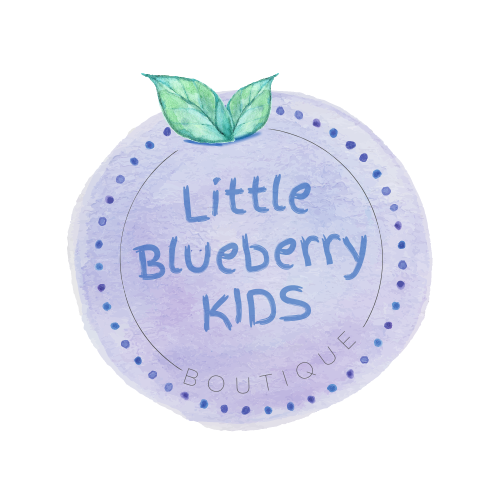Sensory play is an essential component of early childhood development, allowing children to explore and engage with their environment through their senses. This type of play is not only fun and engaging for children, but it also offers a multitude of benefits for their cognitive, physical, and emotional development. When combined with Eco-Friendly materials, sensory play can also promote environmentally-conscious values in young children.
One major benefit of sensory play is the development of fine and gross motor skills. Activities like squishing playdough, pouring and mixing water, or digging in sand help children improve their hand-eye coordination, balance, and strength. By engaging in these activities, children are also developing their muscle control and dexterity, which are essential for activities like writing, drawing, and self-care tasks.
Another key benefit of sensory play is the promotion of language and cognitive development. Children are naturally curious and eager to explore new sensations and materials, which can lead to rich and engaging conversations with caregivers and peers. By describing what they see, hear, smell, taste, and feel during sensory play, children are developing their vocabulary, communication skills, and understanding of the world around them.
Additionally, sensory play can help children regulate their emotions and reduce stress and anxiety. The tactile experiences offered by sensory play materials like water beads, nature items, or scented playdough can have a calming effect on children, helping them regulate their emotions and feel more secure and grounded. This type of play also allows children to express themselves creatively and experiment with different ways of interacting with the world around them.
By incorporating eco-friendly materials into sensory play activities, caregivers and educators can also promote environmentally-conscious values in young children. Using materials like recycled paper, wood, shells, and natural objects not only reduces waste but also teaches children about the importance of caring for the planet and living sustainably. Children who engage in sensory play with eco-friendly materials are more likely to develop a deeper connection to nature and a sense of responsibility towards the environment.
In conclusion, sensory play offers a wide range of benefits for children’s overall development, including motor skills, language development, emotional regulation, and environmental awareness. By incorporating eco-friendly materials into sensory play activities, caregivers and educators can further enhance these benefits and promote a more sustainable way of living for future generations. So, next time you engage in sensory play with your child, consider using eco-friendly materials to support their growth and development while also nurturing their love and respect for the planet.
************
Want to get more details?
Little Blueberry Kids
https://www.littleblueberrykids.com/
2013547928
Sustainable, Eco-friendly, Ethically produced baby and kids products in small batches by women owned brands
